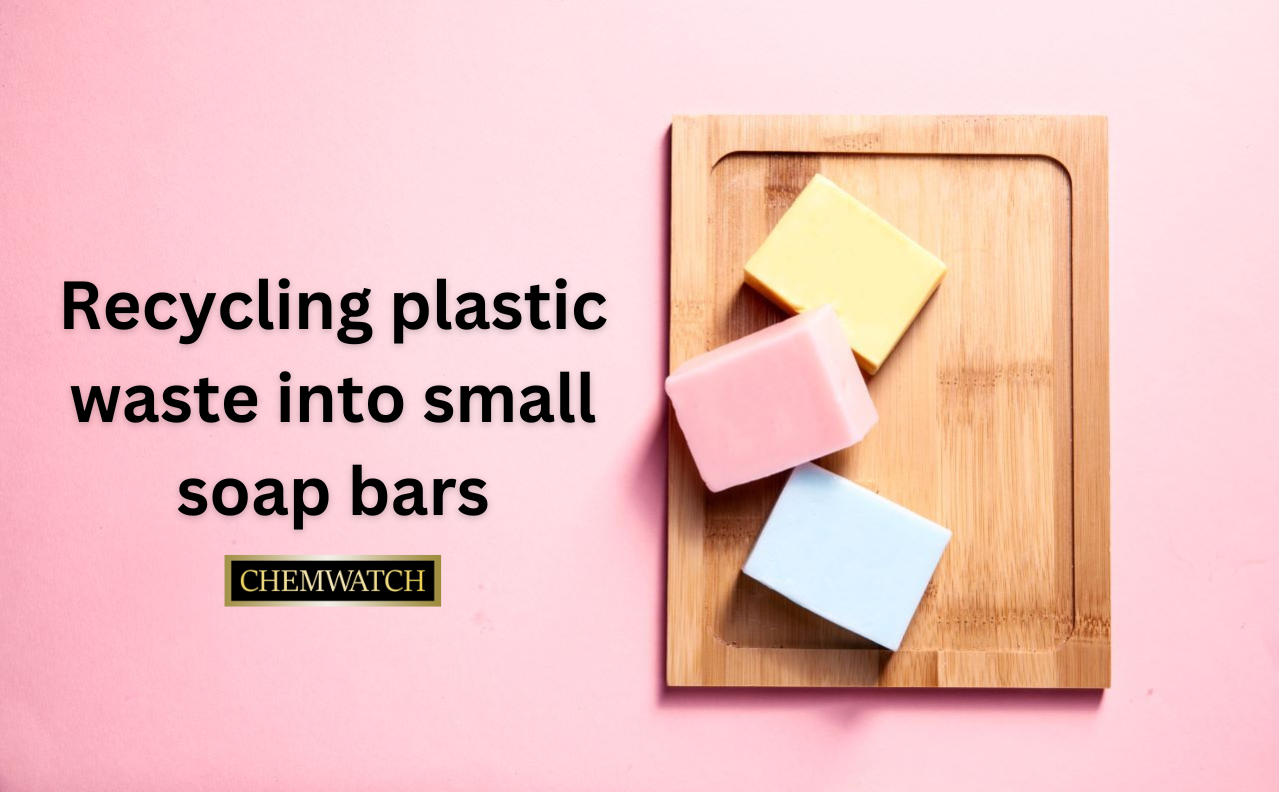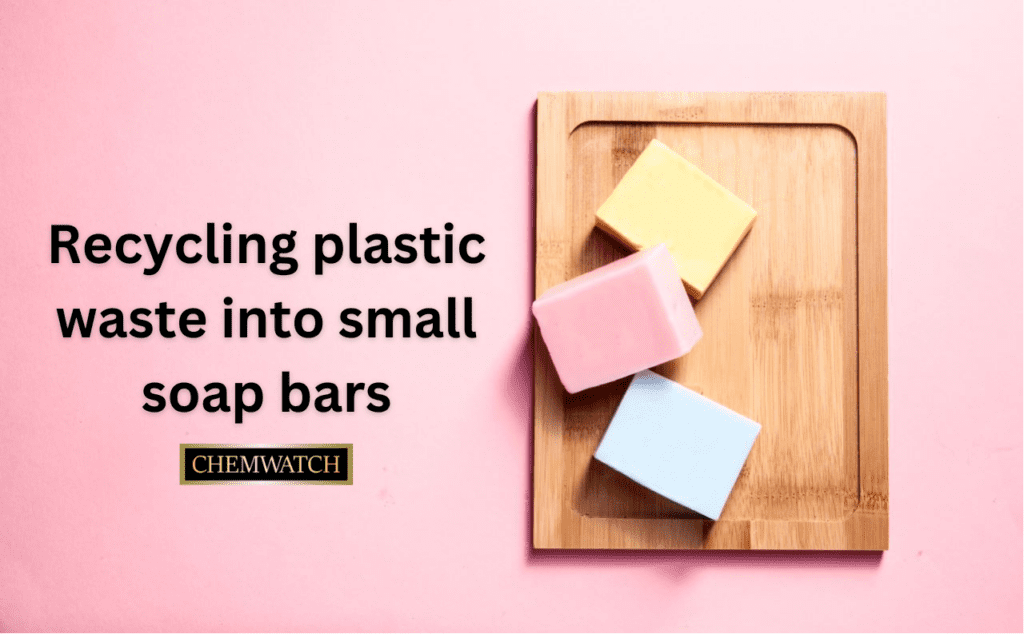
There have been many efforts made to counter plastic waste, however, it continues to be a major contributor to environmental pollution with around 60% of it ending up in landfills or littering the environment. A relatively small percentage is recycled with much of the repurposed material “reused in things like park benches,” according to ScienceNews. Many chemists are committed to researching different ways of ‘upcycling’ plastic into more valuable products to further encourage the practice of recycling by individuals and major corporations alike.

Plastic waste can now be converted into surfactants that are key components of the production process for detergents, soaps, lubricants, and ski wax.
In the course of their extensive research, VirginiaTech chemists found a way to turn plastic into surfactants which are key components of the production process for detergents, soaps, lubricants, and ski wax. Much of these valuable chemical resources no longer need to be mined but can be extracted from plastic waste with the recycling process. One of the most commonly used surfactants–polyethylene–has a similar structure to that of fatty acids which are utilised in soap production. Although both substances are composed of long carbon chains, fatty acids have an additional group of atoms at the chain’s end.
Theoretically, the similarity can allow for the possibility of converting polyethylene into fatty acids. After a few modifications in the process, soap can then be produced.
According to ScienceNews, chemist Guoliang Liu of Virginia Tech in Blacksburg constructed a special, oven-like reactor which thoroughly heats and condenses the polymer chains into short-chain polyethylene i.e., wax. The wax is then treated with alkaline solution which is processed into surfactant. After adding dye and fragrance, the surfactant is remade as small bars of soap, ready to be put up on the shelves.
By converting plastic into usable soap bars, it gives individuals and businesses the option of not only recycling by upcycling, ensuring more sales amongst the public with high-quality soaps. With an increase in recyclable alternatives, it encourages more growth in sustainable practices and initiatives being acted upon.
If you want to know more about the environmental and health effects of chemicals, or how to minimise risk while working with chemicals, we’re here to help. We have tools to help you with mandatory reporting, as well as generating SDS and Risk Assessments. We also have a library of webinars covering global safety regulations, software training, accredited courses, and labelling requirements. For more information, contact us today!
Sources: